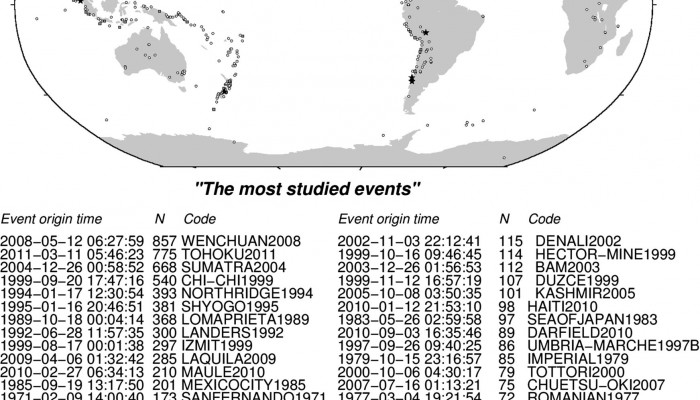The EGU is seeking to appoint a Communications Officer to work with the EGU Media and Communications Manager in maintaining and further developing media- and science-related communications between the EGU and its membership, the working media, and the public at large. The Communications Officer will also work under the direction of the EGU Executive Secretary on activities related to the promotion ...[Read More]
Have you been drinking Guinness for St Patrick’s?
Yesterday was St Patrick’s day, celebrated world wide, probably with a pint of Guinness. Perhaps while sipping down a pint you may have wondered why do bubbles in Guinness sink? Here is one-of-a kind paper that discusses just this! They concluded that the flow in a glass of stout depends on the shape of the glass. If it narrows downwards (as the traditional stout glass, the pint, does), the ...[Read More]
Join Google Earth Engine at EGU 2014
This year, in addition to having an exhibit booth at European Geosciences Union General Assembly (EGU GA), Google Inc will be hosting a side event on Google technologies for working with geophysical data. A special workshop themed Google Geo for Research and Higher Education Workshop, will be held in Vienna during the week of the annual EGU GA. This free workshop is intended for scientists, resear ...[Read More]
A bibliography of seismic events
Search for previous scientific work is never an easy task. Thanks to the internet and good search engines such as Google Scholar this process has been made a bit more easier. (It makes young scientists wonder how searching was done in the pre-internet days!). Although searching nowadays seems to be a simple tasks, it still requires putting in the correct combination of search terms. Furthermore yo ...[Read More]

